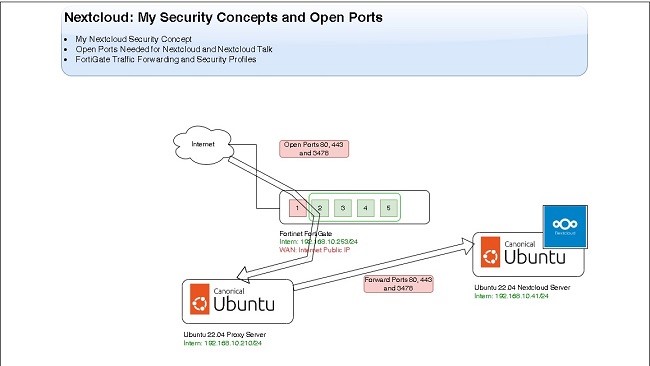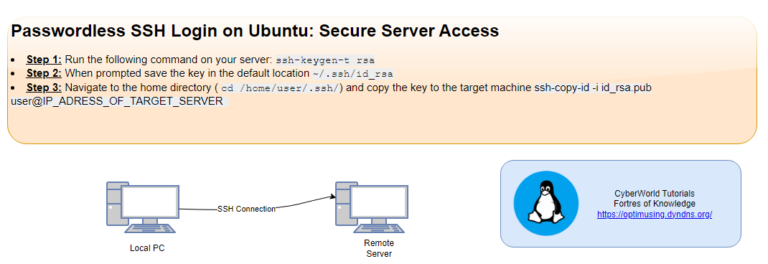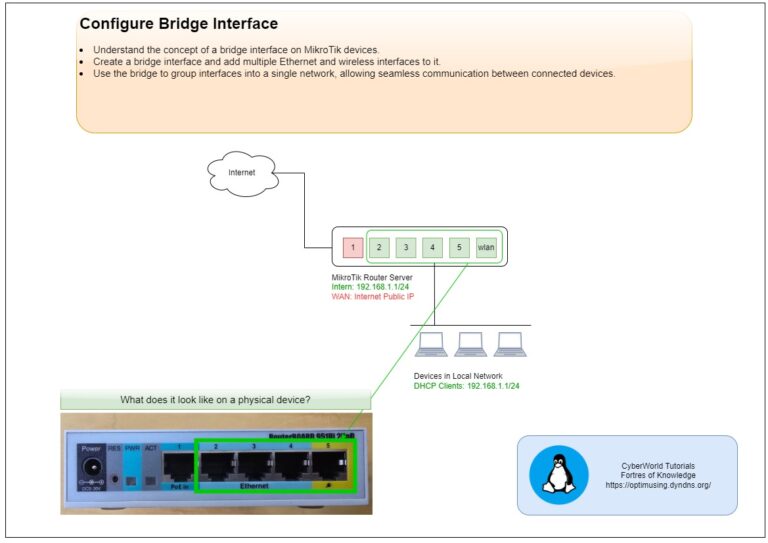Linux Tutorials!
Introduction
The find command on Ubuntu is a powerful tool for searching and locating files and directories within a file system. It allows you to search for files based on various criteria such as file name, file type, size, and modification time.
You can check find manual page at this link.
Basic Usage of find
The find command allows you to search for files and directories within a specified path. Its syntax is straightforward:
find [path] [expression]
The path is the directory you want to search in, and [expression] defines how find filters results. For instance:
Basic Examples of find command
This command searches for “myfile.txt” within the /home directory:
find /home -name "myfile.txt"
Find files with a specific extension
find /path/to/search -name "*.log"Using Filters and Options
find supports various options for refined searches. The -name option matches file names, while -type d and -type f search for directories and files, respectively. For example, to find all directories in /var, use:
find /var -type d
You can also use find with operators like -size to find files of a specific size, -mtime to filter by modification time, and -user to search for files owned by a specific user. Here’s how to find files modified within the last two days:
find / -mtime -2
Combining Commands with -exec
The -exec option lets you run a command on each file found. For example, to delete all .tmp files:
find /tmp -name "*.tmp" -exec rm {} \;
Other usefull examples
Find files modified within the last N days:
find /path/to/search -mtime -7Find and delete files:
find /path/to/search -name "obsolete_file.txt" -deleteSearch for directories:
find /path/to/search -type d -name "directory_name"Combine multiple criteria: This command finds all “.txt” files larger than 1 megabyte and displays detailed information using ls:
find /path/to/search -name "*.txt" -size +1M -exec ls -l {} \;More articles with similar topic:
- Linux Files Operation: find Temp Files and Execute Commands on Found Files
- Find the Largest Files and Folders on Linux
- Solutions: Find and Delete Log Data or Any Files Older Than 30 Days on Linux




